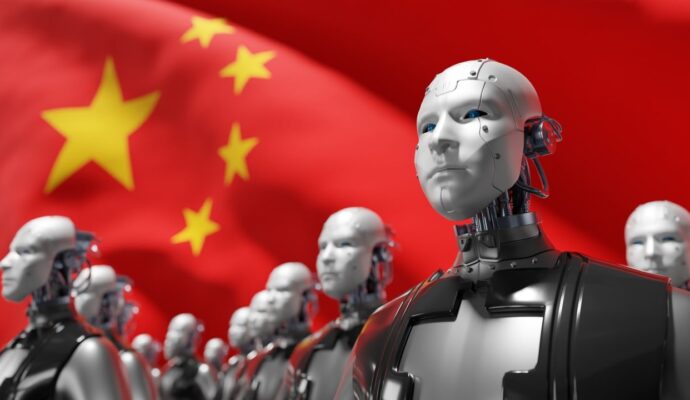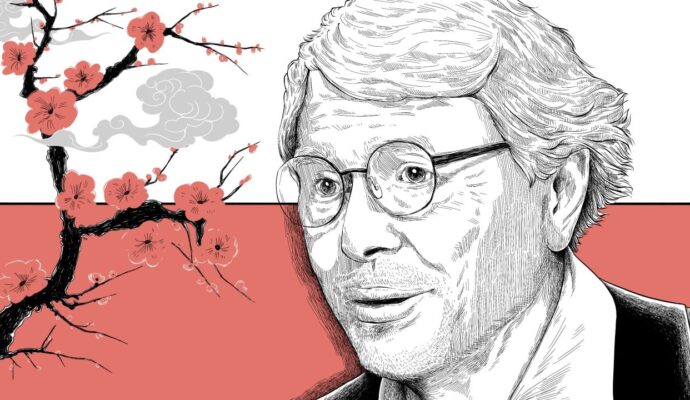
“In the face of this severe situation … it has become imperative to … accelerate the realisation of high-level scientific and technological self-reliance and self-improvement.”
The central committee for science and technology would help to strengthen the party’s supervision of the sector, Xiao said, while the restructuring of the ministry aimed to further “straighten out” management processes and better coordinate efforts to overcome difficulties in the development of core technologies.
This came a day after President Xi Jinping said the external environment for China’s development had changed dramatically and there had been a significant increase in uncertain and unpredictable factors.
The years since the 19th five-yearly party congress in 2017 had been “extremely unusual and extraordinary”, he told China’s top advisory body on Monday.
“Western countries, led by the US, have implemented an all-round containment, encirclement and suppression against us, bringing unprecedented and severe challenges to our development,” Xi told the Chinese People’s Political Consultative Conference (CPPCC), which meets alongside the NPC for China’s key annual “two sessions”.
According to the draft plan presented to NPC deputies, some of the responsibilities of the Ministry of Science and Technology will be transferred to other ministries.
For example, its role related to scientific plans and policies for agriculture and rural development will be transferred to the concerned ministry, while the formulation of hi-tech development and industrialisation plans and policies will go to the Ministry of Industry and Information Technology.
The reorganised science ministry will not be involved in the evaluation and management of specific research projects but focus instead on guiding and supervising professional institutions for research management.
Li Zhimin, deputy president of the National Centre for Science and Technology Evaluation, a specialist agency affiliated with the science ministry, said the restructuring was in line with the development of the sector.
Li said while the science ministry used to be in charge of a large number of projects, its role was not specific to the needs of the industries involved.
“For example, research projects of the Ministry of Agriculture and Rural Affairs had to be approved by the Ministry of Science and Technology. But in fact, the Ministry of Agriculture and Rural Affairs knows best what basic research really needs to be done in the sector.”
The central committee for science and technology, as a leadership and planning body, would take self-reliance in this sphere to a higher level, as “it will consider and make plans from a big-picture perspective”, Li said.
A ministry official said the restructuring would help to sharpen the focus on development.
Core responsibilities such as “making strategic policy and planning have all been retained”, said the official who requested not to be named due to media policy.
“What has been taken away [from the ministry] are jobs related to specific project management. These jobs will now go to various [government] sectors or industries.”



